Does your kitchen drain clog up constantly such that you need the service of an emergency plumber almost immediately? Don’t wait till you don’t get a remote plumber on time. There might be some more reasons for this you aren’t looking into just yet.
Your kitchen is likely to develop drainage problems, but you could cause it. These faults can often aggravate in no time and cost you a lot of money. For example, a flooded kitchen can turn into a flooded house in minutes, with you losing your properties.
As mentioned before, you could be the potential cause, most likely due to a lack of information. If you fall in this category, don’t beat yourself up yet. I’m here to run you through the pros and cons of using your kitchen drain.
First, let’s see what you aren’t doing correctly.
Drain Cons:
1. Unloading Huge Wastes at a Time
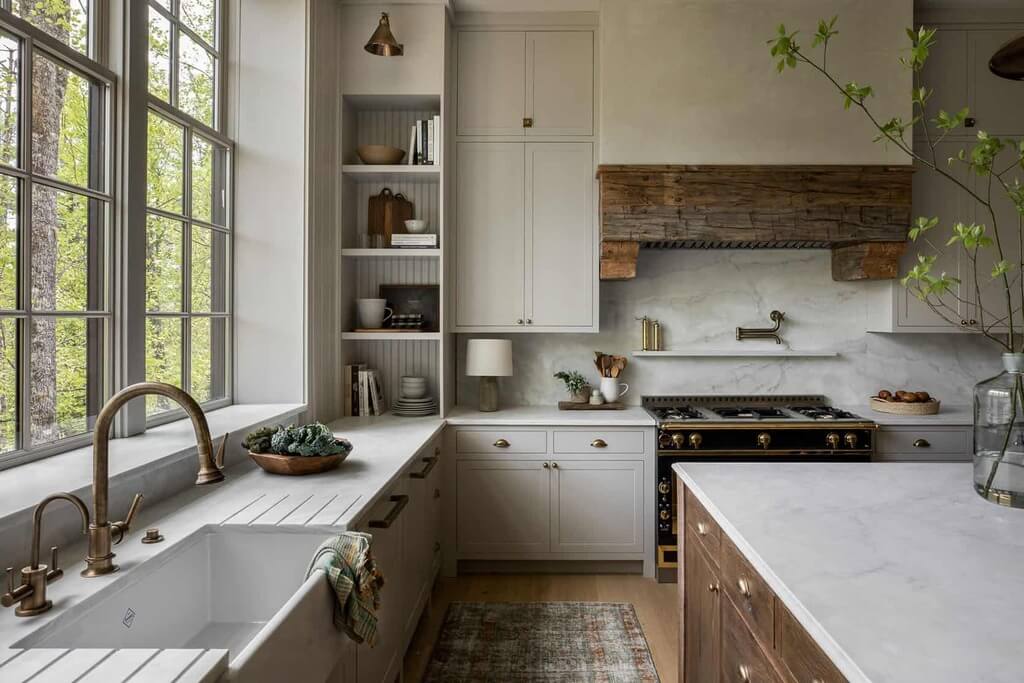
Your wastes are in sizes and of different types. Before you get them down your drain, be selective in picking the types you dispose of. Unloading a large amount of solid waste through your kitchen drain is an easy way to clog it up quickly. Huge food wastes like eggshells, yam peels, etc., have no business getting disposed of through your kitchen sink.
2. Pouring Different Substances Down Your Drain
Are you cautious enough about what type of substance goes down there? Well, it’s about time you are. Substances like grease or cooking oil aren’t recommended to be drained through your kitchen. As grease goes down, it’s just a matter of time before it solidifies and traps other wastes you’ll be draining later on.
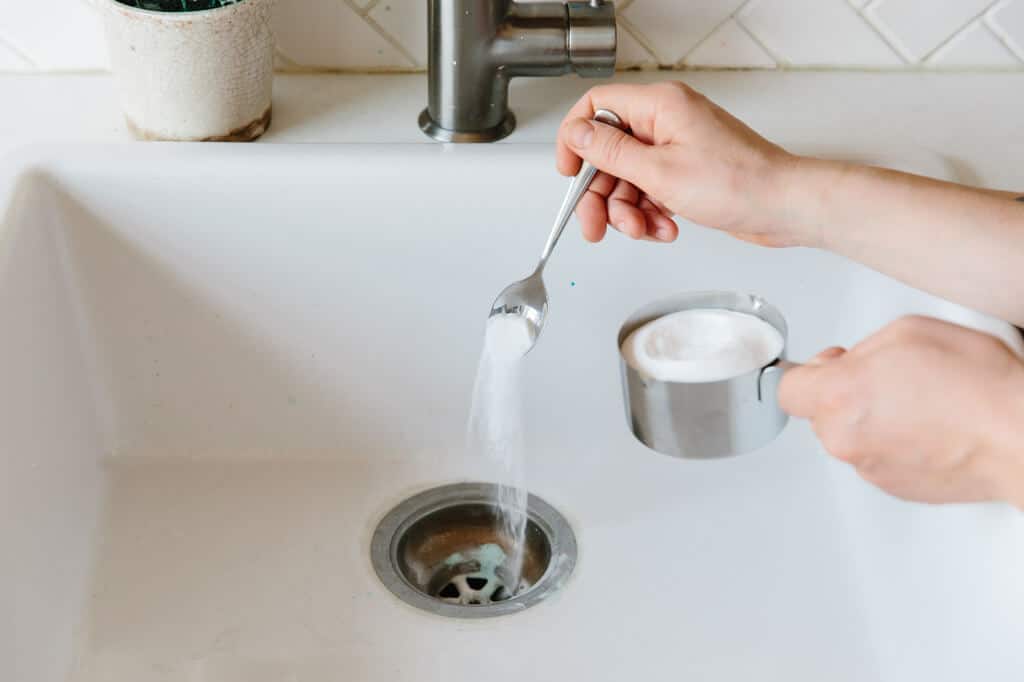
Other things you shouldn’t pour down your drain are starches and fibrous food materials. Starchy foods (like rice, pasta, etc.) and fibrous foods (like rhubarb, potato peels, etc.), when disposed of, become molten in a gel-like manner and can form a clog.
3. Having a Lot of Dirty Plates, Pans, and Pots in Your Sink at Once
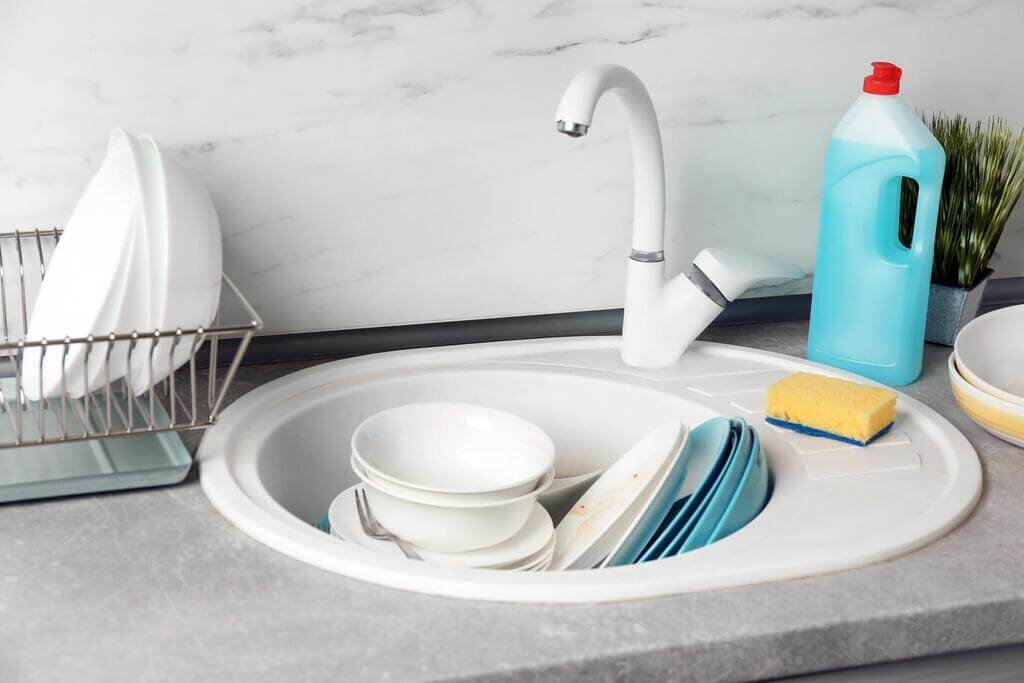
Aside from the unhygienic downside, this does your drain no good and prevents long-lastingness. Your plates containing food remains and other related debris can eventually fill up your kitchen drain, impeding the movement of water and other substances needing passage.
4. Wrong Choice and Placement of Your Sink
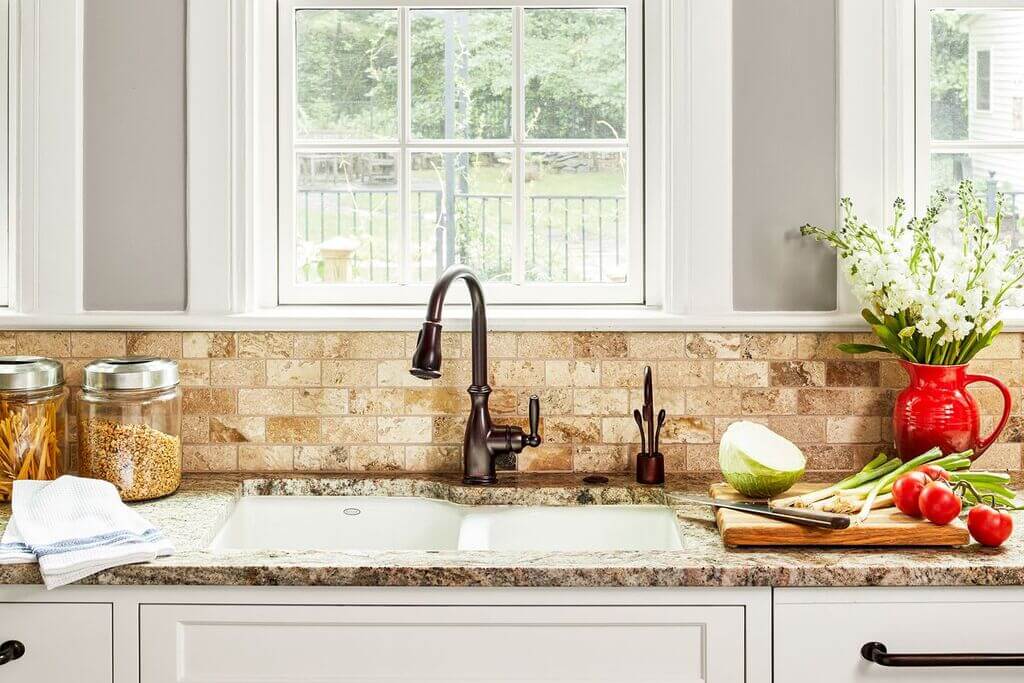
When considering your kitchen’s layout, the placement of your sink and its size should be fully thought over. The placement gives it an ideal position that increases its functionality. Without this, the non-convenience caused by your sink placement causes it to be mismanaged.
Moreover, a small-sized sink used for larger dishwashing purposes is another way to misuse and clog up your drains.
Drain Pros:
1. Use Water to Run Wastes Down the Drain
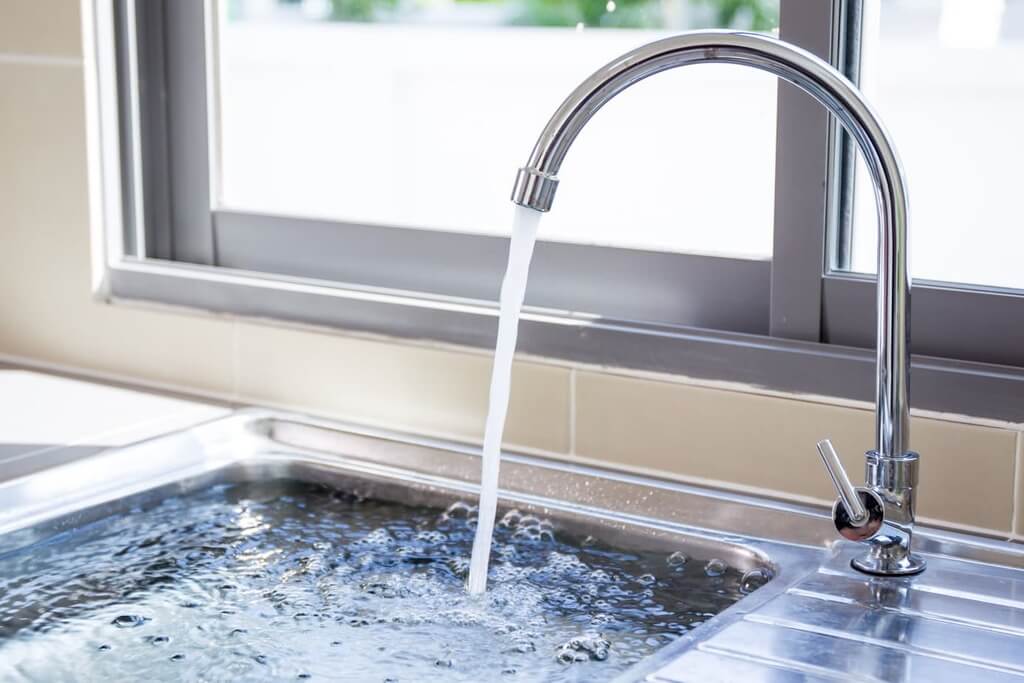
This is effective in preventing the retention of wastes down your drain. After each disposal, run cool water down your sink to get rid of substances completely.
2. Constantly Maintain Your Dishwasher
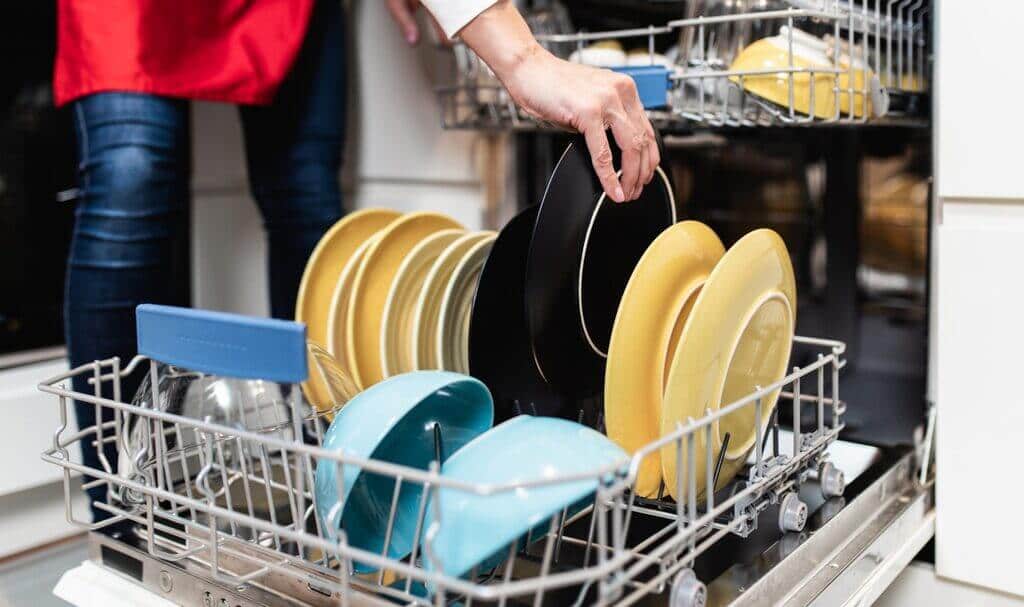
After each wash, always clear the filter basket. While doing this, do not always dispose of debris through your sink. When you need to do this, ensure it’s completely flushed.
3. Be Water-Efficient
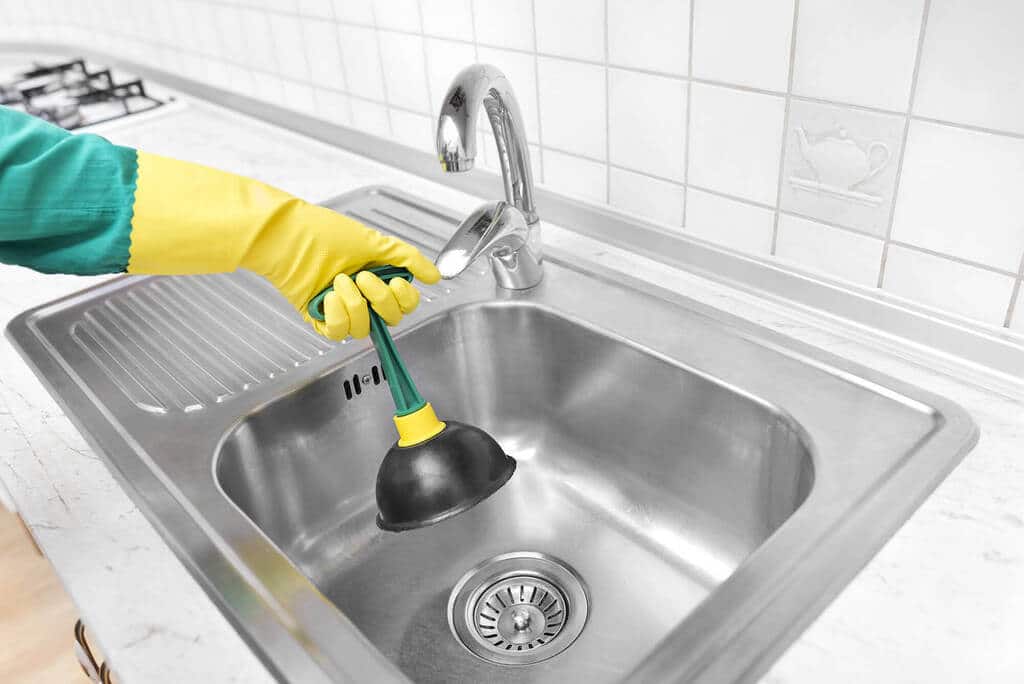
Here, you need to run water down your kitchen drains regularly to wash away hanging wastes. Each time you do this, you clear every possible waste still hanging down there.
Moreover, you should always use cold or relatively warm water while washing your dishes. This helps carry food remnants and other substances farther away along your pipes to the eventual drain site.
4. Regular Drain and Pipe Maintenance
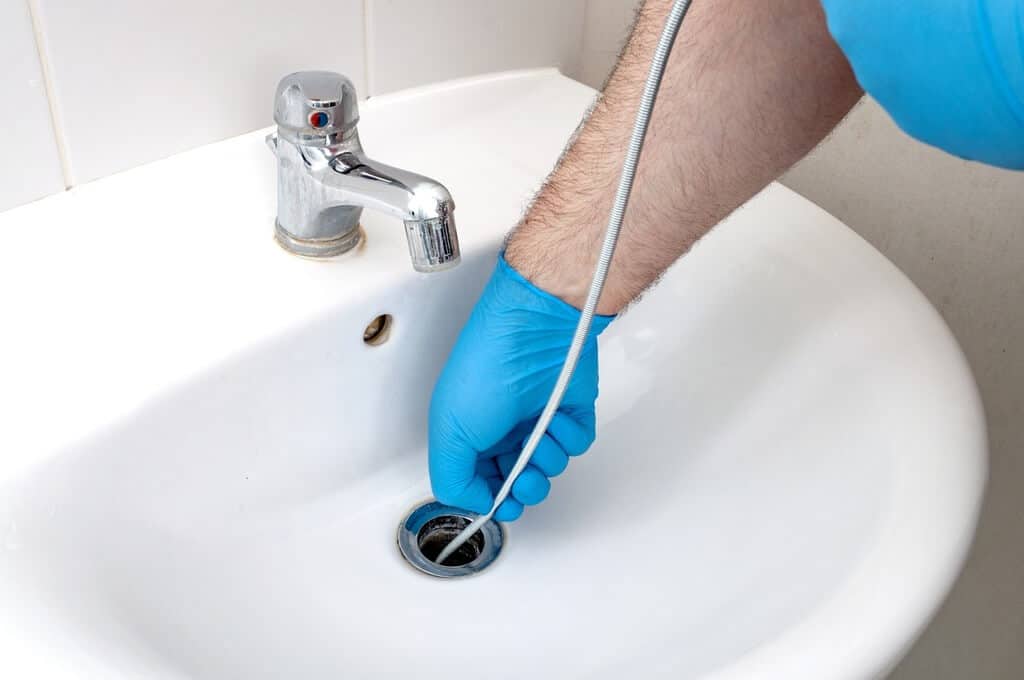
A great way to relieve your drains and pipes from clogs is to establish a routine maintenance process. Constant checks and tests for water flow within your drain are important.
One maintenance method is to apply a product that has an enzymatic function gently. This helps to combat bacteria and also dissolve substances that block your drains.
5. Use a Plunger for Clogs
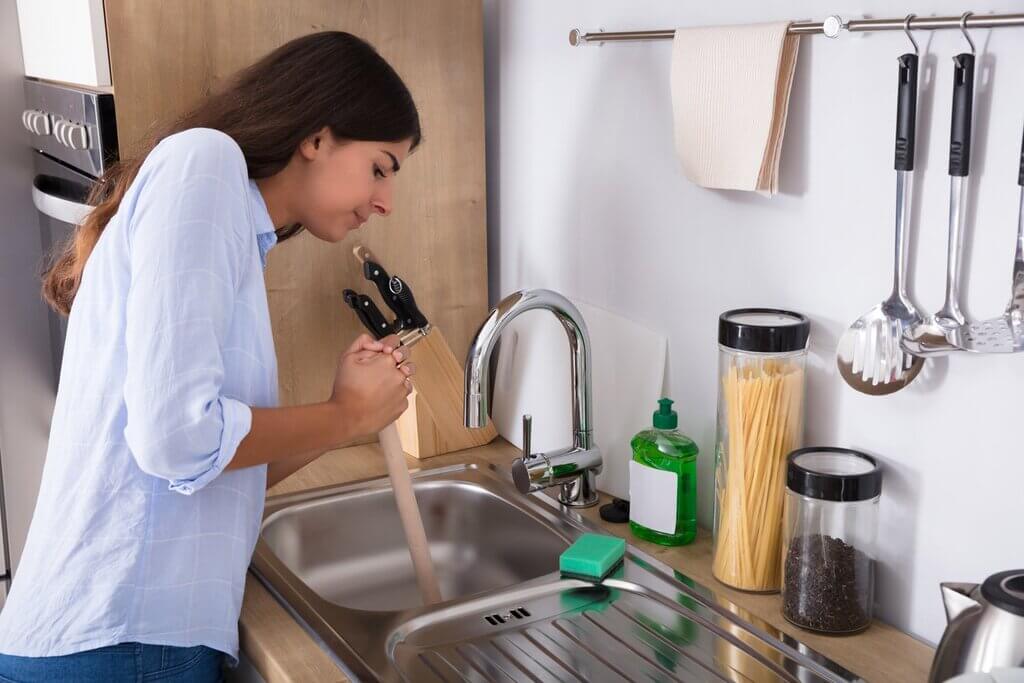
One effective way to clear clogs is to plunge. With a well-fitted plunge in your pipe or drain, you can carefully pump to remove clogs.
6. Contact a Professional
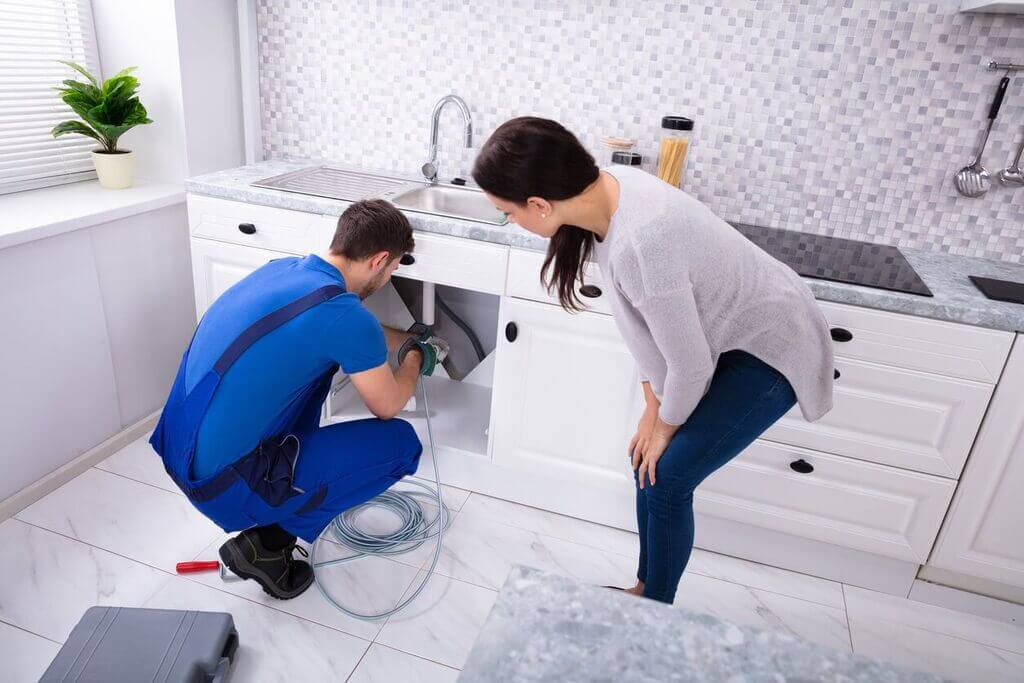
Conclusion
In this case, the professional is your plumber. Your plumber can help with kitchen drainage maintenance, pipe repairs, and clog dissolution. If you find it a little difficult, get the right hands immediately. If not, you may further complicate things.
Minor drain problems may take some time to be noticed. The usage of your drain and its setting are important to its efficiency and durability. In most complicated occurrences, always get a professional plumber to check it out.
Discover More

